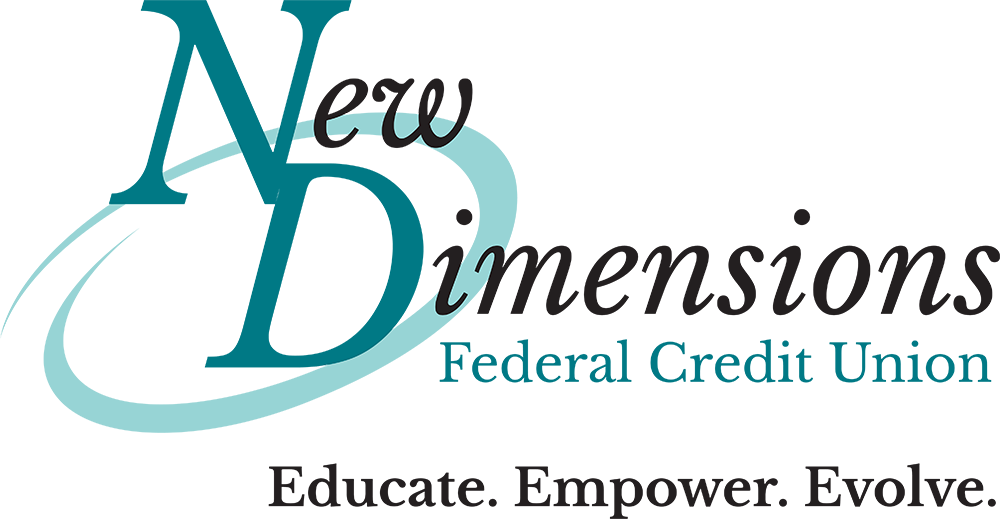What You Need to Know to Protect Yourself Against Identity Theft
We are living in a technology-driven world that is constantly evolving. Technology advancements have made once timely tasks into an easy swipe of a card or a finger tap. Although our digital lifestyles come with many perks, it also leaves individuals more vulnerable to fraud or identity theft. Identity theft is gaining access to an individual’s personal information and using it for financial gain. Understanding how thieves can steal your information and the precautions you can take to ease that risk is essential.
- Credit card theft: Most individuals use their debit or credit cards daily. Many instances require you to give your physical card to the merchant to complete your purchase. When handling a purchase with an in-person merchant, try not to let your card out of sight or opt to slide/insert the card yourself. It is important to remember that even taking these precautions does not exclude the possibility of identity theft.
- Websites: Online shopping is another common way thieves can access your card information. Many of these scammers create fake checkout websites to intercept payments. Always ensure you are on a legitimate website before placing an order by looking for a lock symbol in the URL bar and the letters “HTTPS” at the beginning of the URL. This confirms that the site is certified as a secure website.
- Phishing: Phishing is the fraudulent practice of sending an email posing as a reputable company or charity to gain personal or financial information. Most creditable businesses or charities will not ask for personal information. If you are unsure whether the email is a phishing email, you should delete the email and avoid clicking any links associated with the message. These links will often contain viruses that can infect your device.
- Account takeover: Account takeover fraud is when thieves hack into your online accounts and reset your passwords or PINs. Once gaining access to your information, these hackers can shop, send, or request money and even open new accounts. Many individuals use the same passwords for all their online accounts, making it easier for hackers to access more of their accounts once they have gained access to one. Setting different, strong passwords for your online accounts reduces the risk of account takeover. Avoid using personal information in your passwords, such as birthdays, first or last names, addresses, etc.
Unfortunately, many of us have or will be victims of identity theft at some point. Knowing how to protect yourself is your best defense against these thieves. If you need help or want more information on identity theft, contact our Financial Coach at (207) 660-6267 or email creynolds@newdimensionsfcu.com to schedule an appointment.
